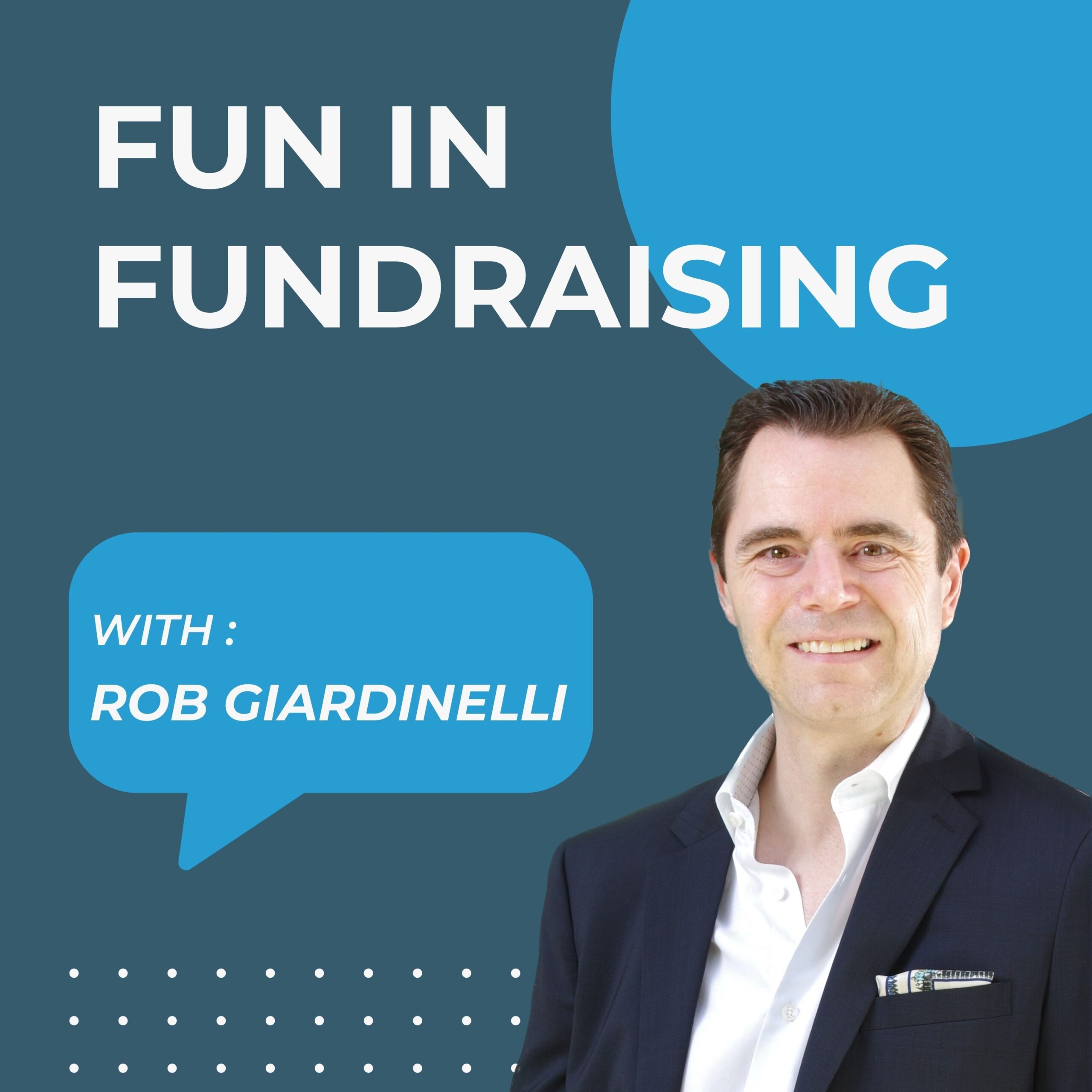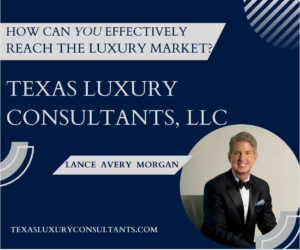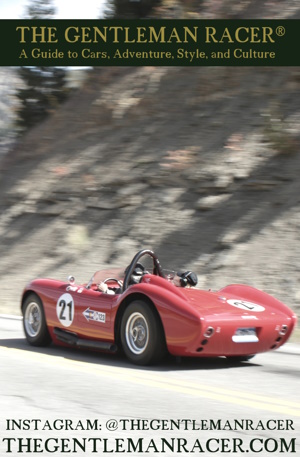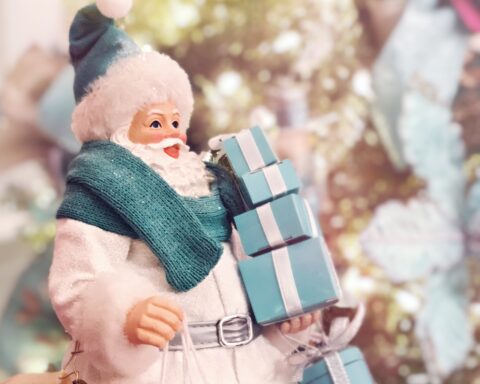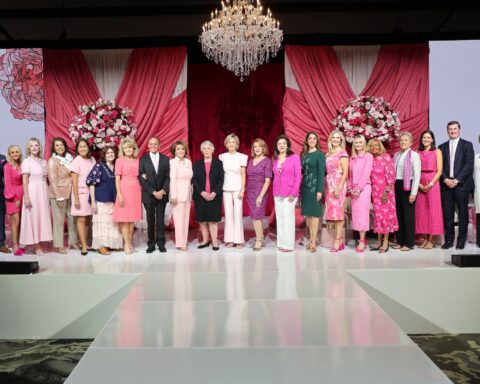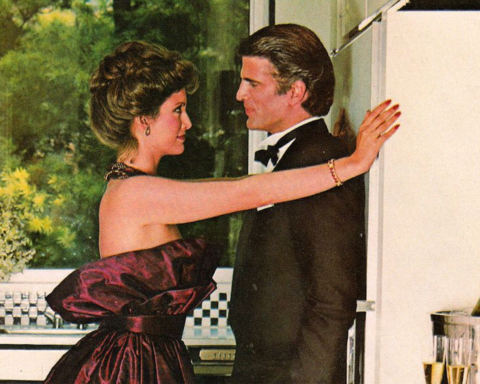Equine Therapy continues to take the self-improvement world by storm and why shouldn’t it? It can be a valuable and enlightening tool to enhance numerous facets of your life, as our consistent wellness seeker Lance Avery Morgan learns. Plus, the timing couldn’t be more perfect as we begin the new year.
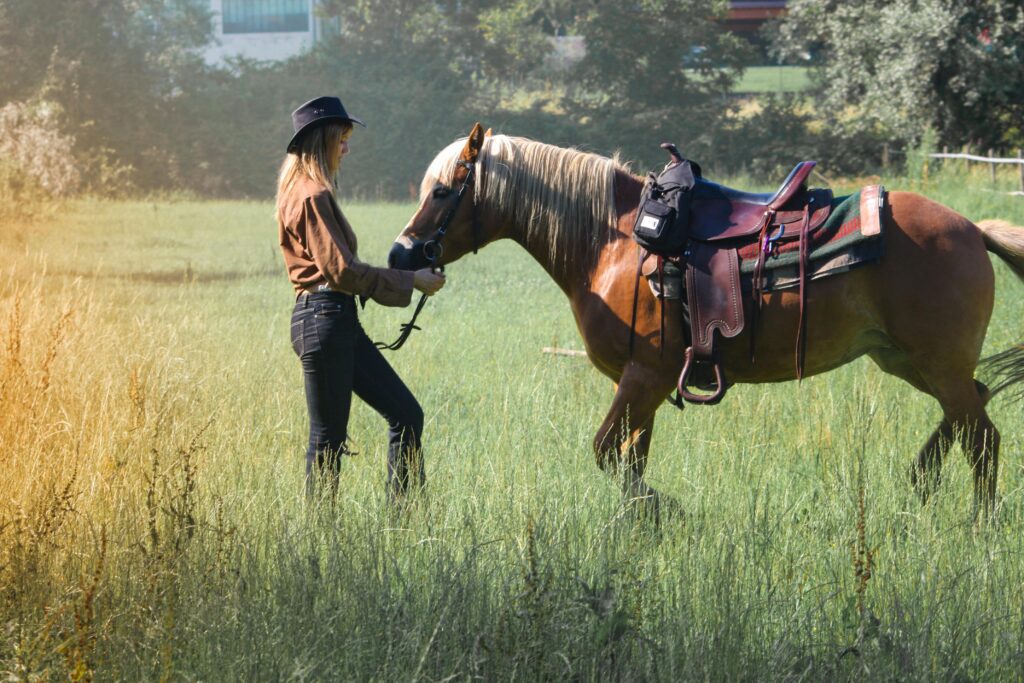
Let’s be frank: The way the world relates to horses is legendary. The horsey set, take the reins, the cowboy way, horse of a different color. Even though this isn’t my first time at the rodeo have become part of the popular lexicon. The mythically fabled and powerful animal-human relationship can be a viable healing tool, too. Equine Therapy, a process developed to embrace the human-animal bond, can assist in the healing process to build confidence, enhance self-efficiency, broaden communication, create trust where there was none before, widen perspective, fine-tune social skills, and for many, encourage impulse control, and learn boundaries that were never set or learned.
But why horses? It’s simple, according to Kris Gonzalez, M.S., TRI, ESMHL, an equine specialist has a plethora of equine therapy success stories. “Horses are extraordinary creatures,” states Kris Gonzalez. They have an innate ability to sense when a person is standing in their authentic self, free of ego, illusion, or defenses. Horses will energetically connect to this self, offering spiritual connection in a kind of biofeedback loop.”
I was thrown off a horse as a child in front of a crowd and it was pretty humiliating. The metaphor of getting back up on that horse and riding it never came to fruition with my re-gathering with the animal, so I approached equine therapy to learn how to create trust with a horse, and therefore, within myself and others. I’m hardly the first person to use this strategy; in fact, equine-assisted therapies have proliferated all over the world, earning distinguished recognition from medical communities in many countries. The equine-assisted process helps develop trust with horses and also offers tremendous healing benefits for even severe personal issues patients may have.
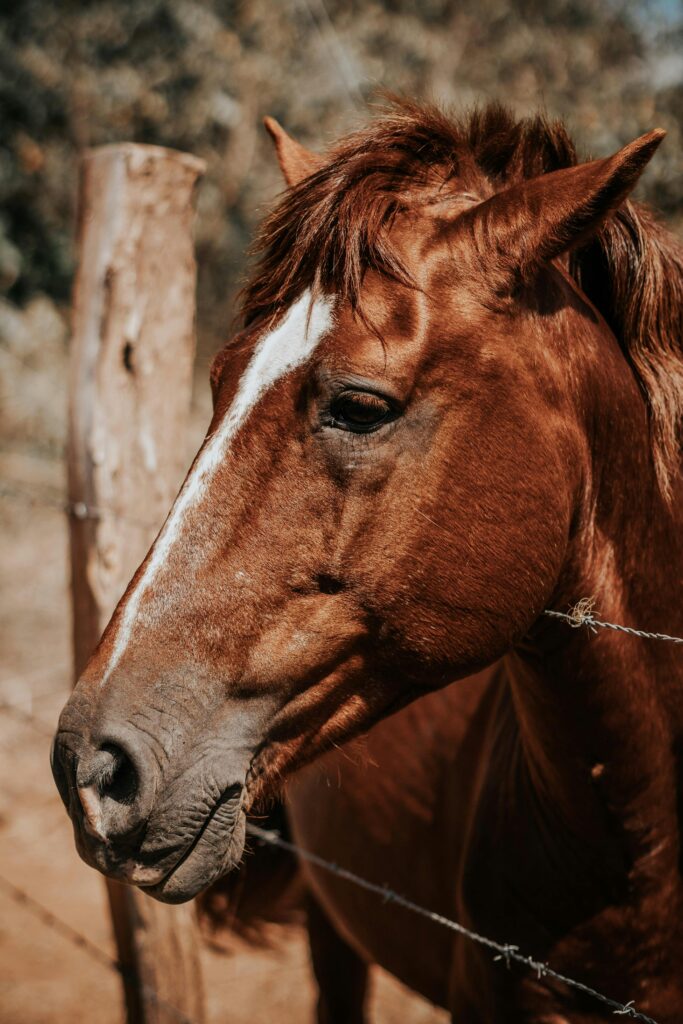
I meet Gonzalez in her office, adjacent to a state-of-the-art barn. From the first moment, it is clear that her thoroughly knowledgeable and genial perspective on the world would guide any participant, or group of participants, into the equine experience. As we begin the first exercise, she explains the principles of Equine Facilitated Therapy – the how’s and why’s of the horse’s healing ability. Then she introduces the principles of Relationship Logic, as she calls it: essentially, the give and take of how we humans successfully — and perhaps unsuccessfully — communicate with each other. After that, she describes the group activities in detail, so that we will understand what will happen when we enter the corral: we will go into the ring and feel the horses communicate with us. We will decide which horse we most resonate with, almost telepathically, giving a deeper meaning to the familiar phrase horse sense. The amount of effort required to let go of the voices in our head, and embrace the voice in our heart, cannot be understated.
The therapy begins with a bonding exercise. Gonzalez asks each of us to come to the front of the barn and stand by the horse we selected. She asks us questions about how we are feeling about life, and most importantly, what we want to explore and improve about ourselves. “Horses broaden our conscious awareness – of ourselves, of others, of our environment,” she explains. “And in doing so, we open the door to self-discovery, personal growth and healing.” As I internalize the questions, the horse, which has awe-inspiring intuition, reacts to my answers. If the horse resonates with what I am saying as being truthful, he reacts. If not, the horse remains passive. The feedback is instantaneous, and the horse’s behavior guides me as I broaden my conscious awareness. I let go of my fear of horses and embrace honesty within myself, then move onto the next step: inside the corral, within the animal’s heightened therapeutic environment.
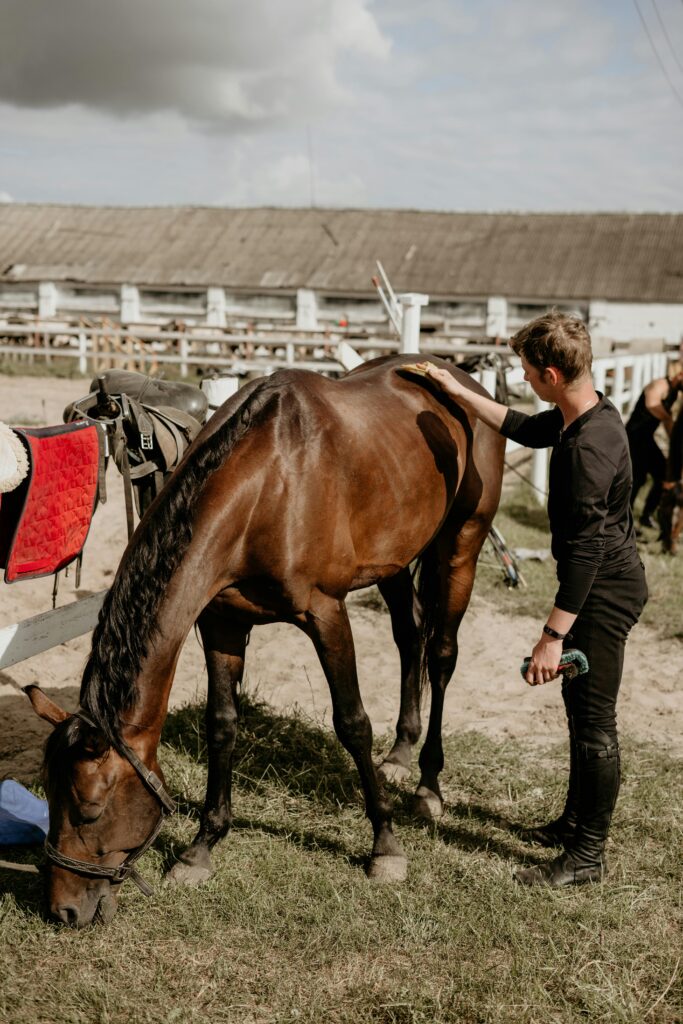
Inside the corral, the full spectrum of the horse’s healing power comes to light. Gonzalez instructs me on how to understand the horse’s reactions. “Tell him to come to you, energetically, to get him to follow you around the ring,” Gonzalez instructs. I speak to the horse, and the animal follows. The horse understands me innately, and we continue the exercises. Each task requires me to learn more about the horse, and therefore myself. Suddenly, I reach a point of hesitation. I am confused, and the flowing energy inside the corral grinds to a halt. I stand still, unsure of how to continue. “Some people will stand here for hours and not know how to ask for help,” Gonzales chimes in, “which is why they have problems with others and end up here in recovery. They just didn’t ask for help from others when they needed it to make a positive difference, or at least, to avoid negative, unhealthy lifestyle choices.” It was like bells went off as I experienced an Aha moment as Oprah Winfrey would call it: we can all help ourselves by seeking help from others. By reaching out and working with the people in our lives, we can make life better for ourselves… and others.
According to the Arbor, it states about the program. “Along with our other treatment modalities, equine therapy has a lot of study behind it, and we’ve found it helps clients go deeper and it helps treat everything from autism, substance abuse, and PTSD to name a few.” They go on to say, “People who have been through numerous treatment settings were able to get more honest in a short period, rather than longer time frames with other therapies, and have shared ‘I got to the core of my issues faster than ever before.’” Equine therapy shows that the more we understand about ourselves, the better we perform in all aspects of our lives. The case for equine therapy as an alternative method of healing is strong. The process is challenging and intense, yet as I experienced first-hand, the benefits are incredible. Yes, indeed, it does become easier to get back up on the horse. In each of our lives, we must learn to get back in the saddle, hold onto the reins, and keep riding toward our own personal success.


